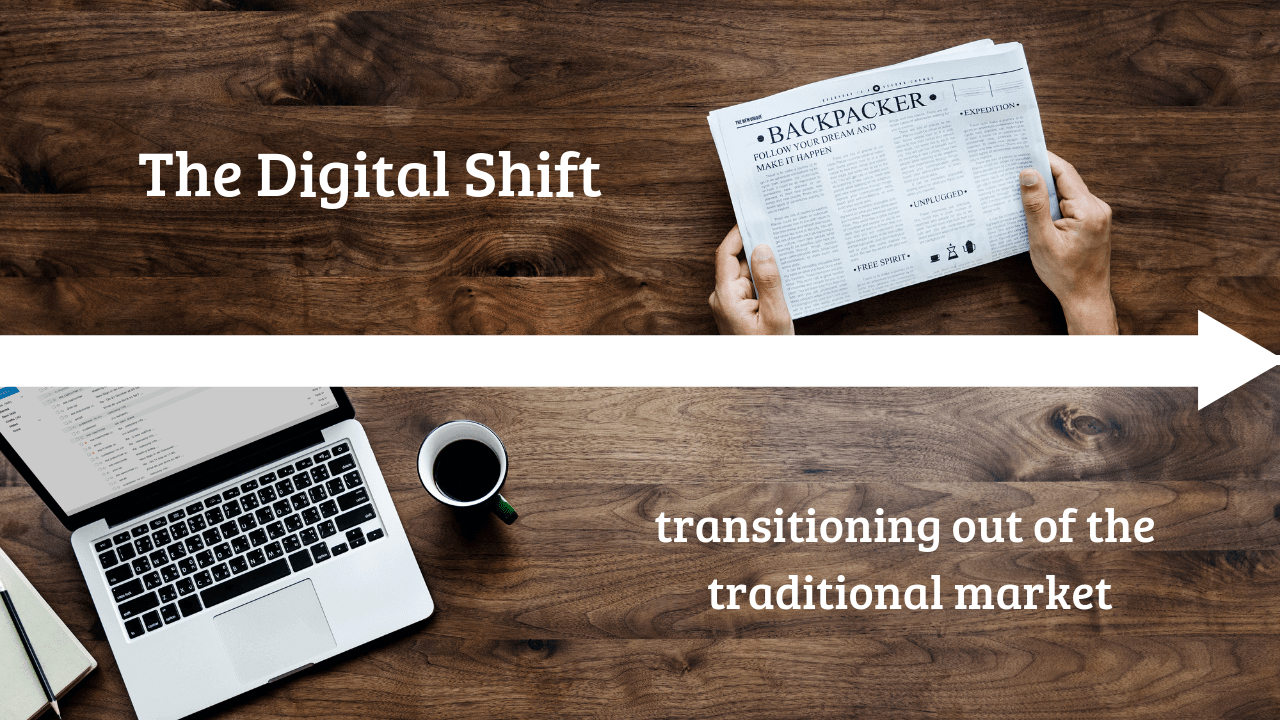The insurance industry, often seen as slow to adopt new technologies, has experienced a significant shift in recent years. This digital transformation is changing how insurers engage with customers, manage marketing campaigns, and generate growth. In today’s highly competitive marketplace, meeting customer expectations requires more than traditional methods—it demands a strategic embrace of digital marketing and automation.
The Shift to Digital Marketing Strategies

While traditional marketing methods like direct mail, print advertisements, and in-person events still hold value, digital marketing has taken center stage. Through online platforms, insurance companies can target specific audiences, track engagement in real-time, and optimize campaigns for maximum ROI.
Content Marketing and SEO: Building Thought Leadership
Content marketing plays a pivotal role in establishing trust and authority. By offering insightful blogs, webinars, white papers, and podcasts, insurance professionals are addressing their target audience’s pain points. This positions them as trusted experts. SEO (Search Engine Optimization) further boosts their online visibility, ensuring potential clients can easily find the services they need.
Social Media Engagement: Direct Conversations with Clients

Beyond brand awareness, social media has become an essential tool for engagement. Insurance companies use these platforms to share valuable insights, showcase services, and connect with customers. Personalized targeting through paid campaigns ensures the message reaches the right individuals, helping companies expand their reach.
Automating Marketing and Sales: Efficiency at Scale
Marketing automation is revolutionizing the way insurance companies operate. With automation tools, tedious tasks like lead generation, client engagement, and follow-up are streamlined, freeing up time for creative and strategic development. Additionally, CRM (Customer Relationship Management) integration allows companies to tailor outreach to individual prospects, ensuring more personalized communication without the need for manual effort.
Drip Campaigns and Behavioral Triggers: Nurturing Leads
Drip campaigns, which send automated email sequences at strategic intervals, help nurture leads. Behavioral triggers, like email opens or content downloads, allow these campaigns to adapt in real time, offering more relevant messaging and increasing engagement. This becomes particularly important for industries with long sales cycles, such as commercial insurance.
Data Analytics: Smarter Decisions for Growth
Data analytics is a game-changer in insurance marketing. With access to vast amounts of customer data, insurers can fine-tune their marketing strategies. Predictive analytics further refines this approach by forecasting customer behavior, enabling businesses to tailor their offers. Real-time analytics also allow marketers to make adjustments on the fly, optimizing campaigns as they unfold.
The Role of Insurtechs: Driving Innovation
Insurtech companies are instrumental in accelerating digital transformation in the insurance sector. By providing cutting-edge tools for automation, data analytics, and social media management, these companies are enabling traditional insurers to modernize without overhauling their entire infrastructure.
Conclusion: Embracing the Future
The digital transformation of insurance marketing is just beginning. As new technologies continue to emerge, insurance companies will have even more opportunities to enhance their marketing strategies. By embracing digital marketing, automation, and data analytics, insurers can engage clients more effectively, improve campaign outcomes, and achieve sustained growth. Those who adopt these technologies will be well-positioned for success in a competitive future.



